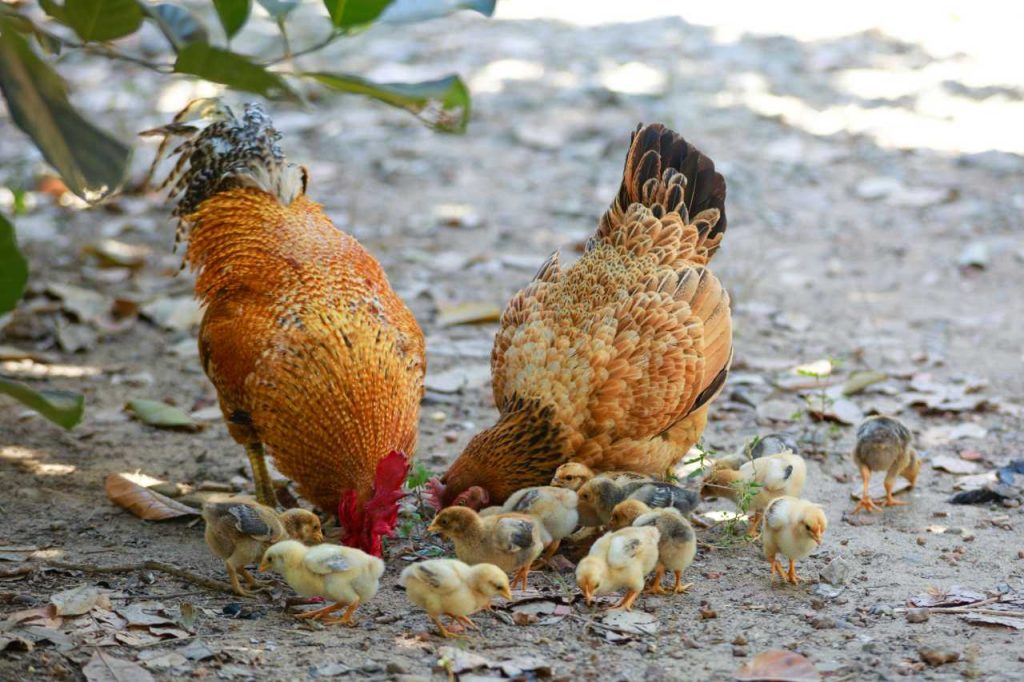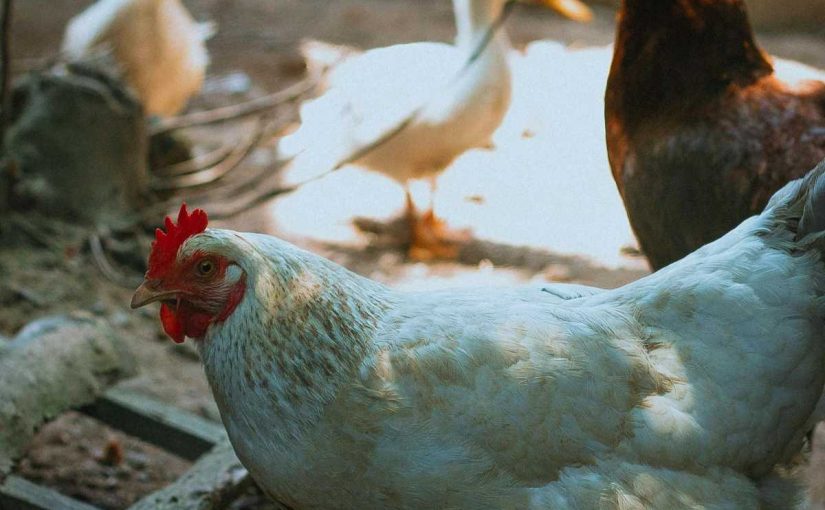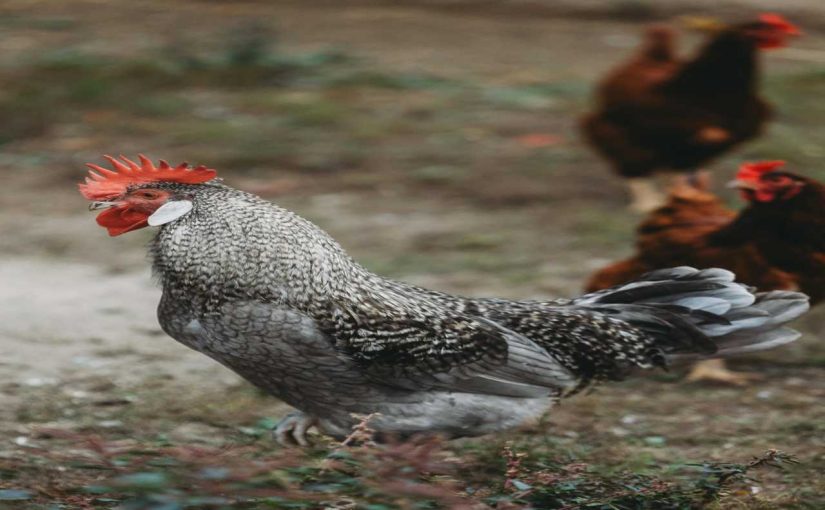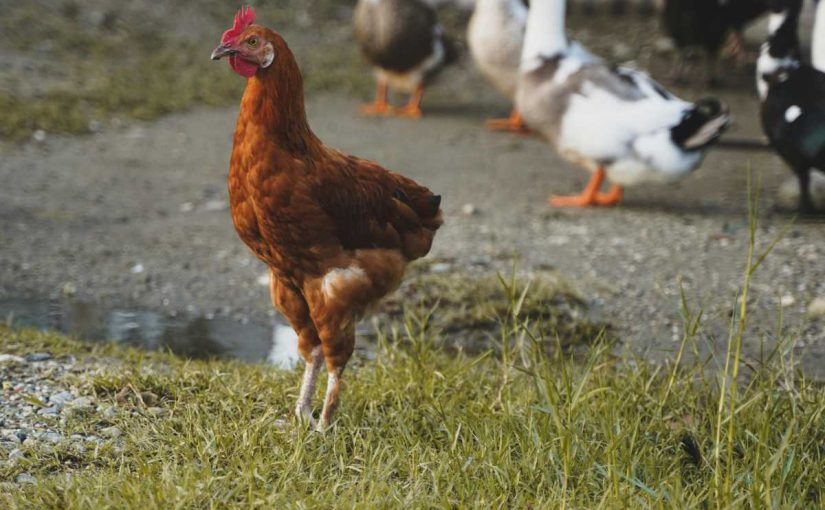Feeding chickens may seem straightforward, but it’s one of the most critical aspects of raising healthy and productive birds. Proper nutrition directly impacts their growth, egg production, and overall well-being. However, many chicken owners make mistakes that can lead to health issues, poor egg production, and other complications. Here are five common mistakes to avoid when feeding your chickens.
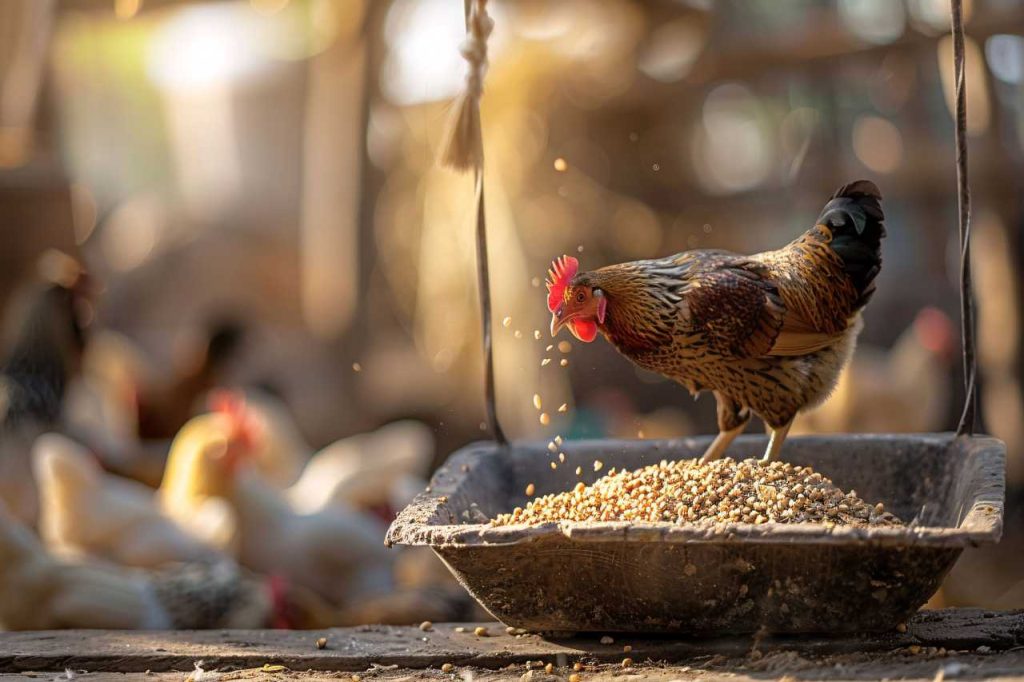
1. Neglecting a Balanced Diet
Overview
One of the most common mistakes is not providing a balanced diet that meets the nutritional needs of chickens at various life stages. Chickens require a mix of proteins, carbohydrates, fats, vitamins, and minerals for optimal health and productivity. Neglecting this balance can lead to nutritional deficiencies, affecting everything from egg production to feather quality.
How to Avoid This Mistake
- Choose the Right Feed: Use commercial chicken feed that is formulated specifically for the age and purpose of your birds. For example, starter feed is appropriate for chicks, grower feed for adolescents, and layer feed for hens producing eggs. Look for feeds that contain the appropriate protein levels (usually around 18% for layers) and additional calcium for hens to support eggshell formation.
- Supplement with Fresh Foods: Incorporate fresh fruits and vegetables into their diet. Chickens enjoy scraps like leafy greens, carrots, and berries. However, avoid foods that are toxic to chickens, such as onions, avocados, and chocolate. Also, be cautious with starchy foods like bread and pasta, which can lead to obesity if fed in excess.
- Ensure Access to Grit: Chickens don’t have teeth, so they need grit (small stones) to help grind up their food in their gizzards. Provide a separate dish of grit if they free-range, as it may not be available naturally. This aids in digestion and allows them to properly break down their feed for nutrient absorption.
Learning Outcome
A balanced diet supports healthy growth, feather development, and egg production. Providing the right nutrients prevents deficiencies that could lead to health issues, such as weak bones or poor egg quality. Regularly monitor the health and condition of your flock to ensure their dietary needs are being met.
2. Overfeeding Treats
Overview
While chickens love treats, overindulging them can lead to obesity, malnutrition, and behavioral problems. Treats should only constitute a small part of their overall diet. Feeding too many treats can displace their main nutrition source, leading to nutritional imbalances.
How to Avoid This Mistake
- Limit Treats: Treats should make up no more than 10% of a chicken’s daily intake. This includes kitchen scraps, fruits, and commercial treats. Treats should not replace their primary feed, which is specifically formulated to meet all their nutritional needs.
- Monitor Portion Sizes: When giving treats, use small portions. Offer treats in moderation, ensuring that the main feed is still their primary source of nutrition. A good rule of thumb is to offer treats that are bite-sized and easy to digest.
- Choose Healthy Options: Opt for nutritious treats like mealworms, leafy greens, or fresh fruits instead of processed snacks or high-sugar foods. Seeds and grains can also be offered, but ensure they are unsalted and in limited amounts.
Learning Outcome
By controlling treat portions, you help maintain a healthy weight in your chickens and promote a balanced diet, leading to better overall health and egg production. Healthy treats can also enrich their environment and keep them engaged, preventing boredom and related behavioral issues.
3. Inconsistent Feeding Schedule
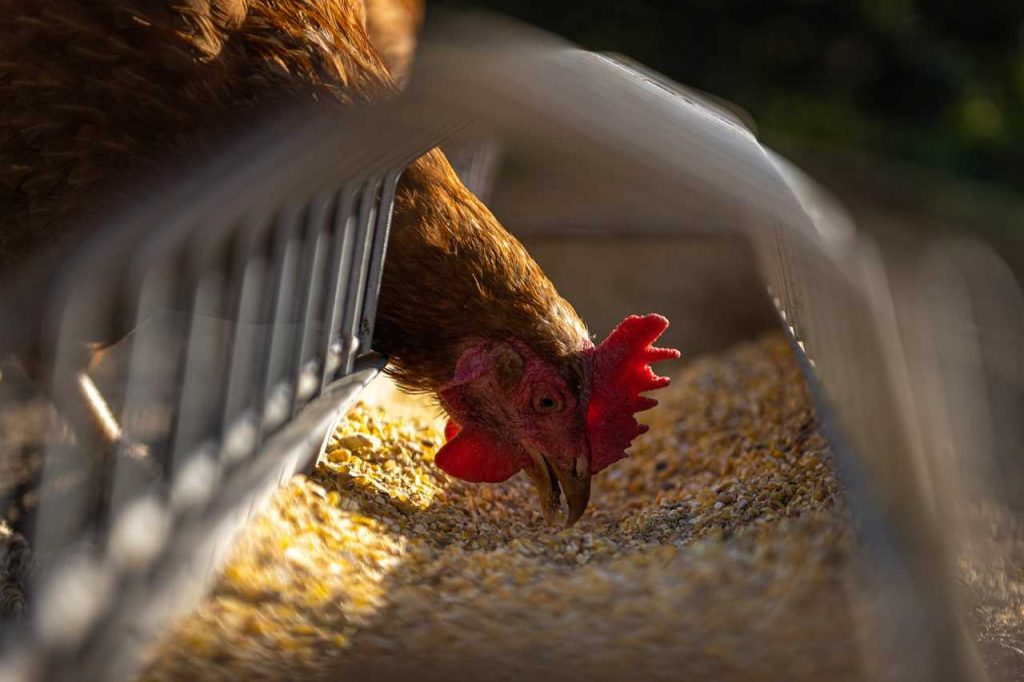
Overview
Chickens thrive on routine, and inconsistent feeding schedules can lead to stress, decreased egg production, and aggressive behavior. Establishing a consistent feeding routine is essential for their well-being. Chickens are creatures of habit, and regular schedules help them feel secure and relaxed.
How to Avoid This Mistake
- Establish a Routine: Feed your chickens at the same time every day. Chickens will come to expect food at specific times, reducing stress and promoting healthy eating habits. A stable routine also helps them know when to look for food, making them feel more secure in their environment.
- Regularly Check Food Supplies: Ensure that chickens always have access to fresh feed and clean water. Regularly refill feeders and check for spoilage, especially in hot weather. Use feeders that minimize waste, and consider using automatic feeders for consistency.
- Adjust for Seasonal Changes: Be aware that chickens may eat more in colder months due to increased energy expenditure. Adjust their feed as necessary to meet their changing needs. During hot weather, ensure they have adequate shade and cool water to prevent heat stress.
Learning Outcome
A consistent feeding schedule helps reduce stress in chickens and promotes healthy eating habits. This leads to better egg production and overall flock harmony. Consistency also helps you observe any changes in their eating patterns, which could indicate health issues.
4. Ignoring Water Quality and Availability
Overview
Water is as vital as feed, and many chicken owners overlook the importance of providing fresh, clean water. Dehydration can quickly lead to serious health issues, including reduced egg production and mortality. Chickens can consume up to a gallon of water per day, especially in hot weather or during peak laying periods.
How to Avoid This Mistake
- Provide Fresh Water Daily: Change the water in your chicken’s containers daily to ensure it is clean and free of contaminants. Use water that is free from chlorine and other harmful chemicals. Consider using a water filter if necessary.
- Use the Right Waterer: Choose waterers that prevent contamination from droppings or debris. Consider using elevated waterers or those with a cover to keep the water clean. Automatic waterers can help maintain a consistent supply of fresh water.
- Monitor Water Intake: Keep an eye on your chickens’ water consumption, especially during hot weather. Increase the number of water sources if you have a large flock to ensure everyone has access. During peak laying times, ensure that hens have constant access to fresh water, as dehydration can lead to decreased egg production.
Learning Outcome
Maintaining clean, accessible water prevents dehydration and related health problems, ensuring your chickens remain healthy and productive. Proper hydration is crucial for digestion and overall health, impacting everything from feather quality to immune function.
5. Failing to Adjust Feed for Life Stages
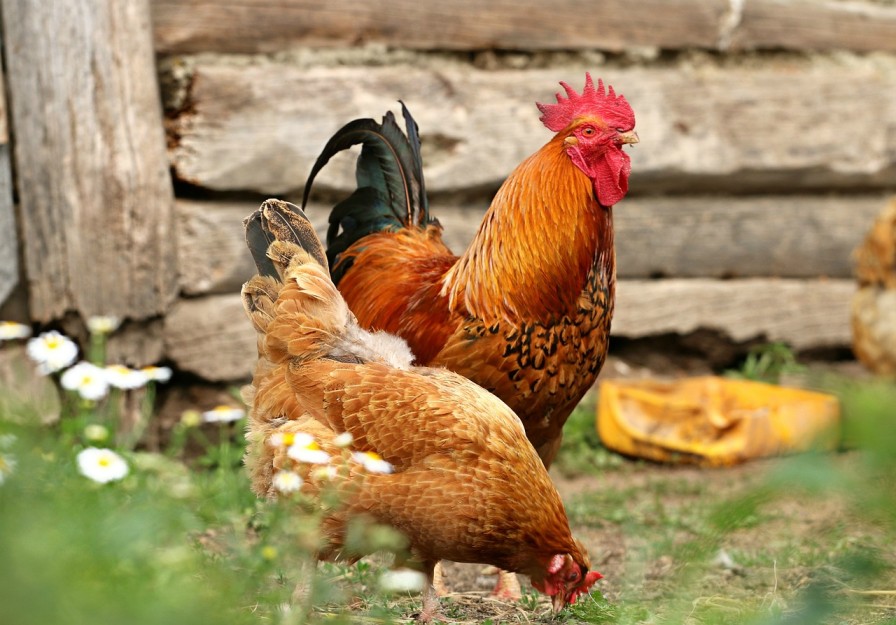
Overview
Chickens have different nutritional needs at various life stages. Failing to adjust their feed accordingly can lead to deficiencies or excesses that affect their health and productivity. For example, young chicks require higher protein for growth, while laying hens need more calcium for eggshell formation.
How to Avoid This Mistake
- Use Age-Appropriate Feed: Start with chick starter feed for young chicks, transition to grower feed as they mature, and switch to layer feed when hens begin laying eggs. Each type of feed is designed to meet the specific needs of that life stage, ensuring optimal growth and production.
- Monitor Body Condition: Regularly check the body condition of your chickens and adjust their feed as necessary. For example, laying hens may require additional calcium to support eggshell formation, so consider providing oyster shell or limestone as a calcium supplement.
- Seek Veterinary Advice: If you are unsure about the appropriate feed for your flock, consult a veterinarian or poultry nutritionist. They can provide tailored advice based on your specific circumstances and help you create a balanced feeding plan.
Learning Outcome
By providing the right feed for each life stage, you promote optimal growth and egg production while preventing health issues related to improper nutrition. Regularly reviewing and adjusting your feeding strategy ensures that your chickens receive the necessary nutrients as they grow and age.
Conclusion
Feeding chickens may seem simple, but small mistakes can have significant consequences for their health and productivity. By avoiding these common pitfalls—neglecting a balanced diet, overfeeding treats, maintaining an inconsistent feeding schedule, ignoring water quality, and failing to adjust feed for life stages—you can ensure your flock thrives.
Educating yourself about proper feeding practices will lead to healthier chickens, better egg production, and a more enjoyable chicken-keeping experience. Remember, happy chickens lead to happy farmers!

